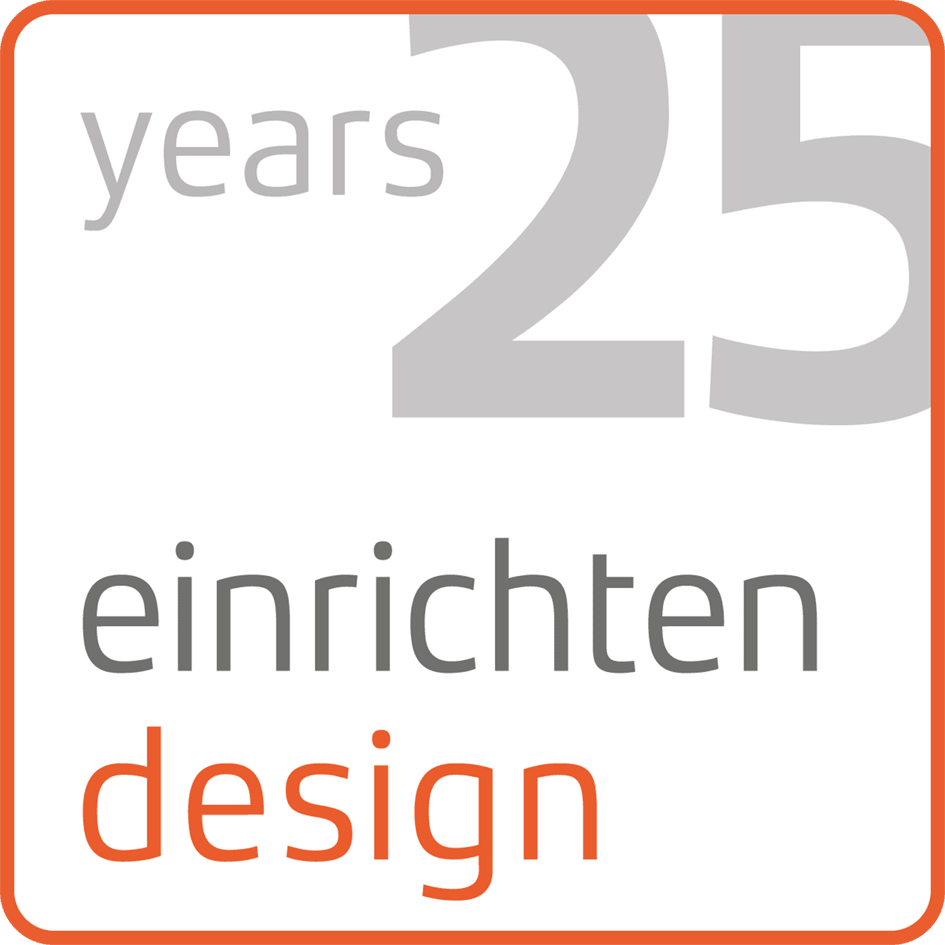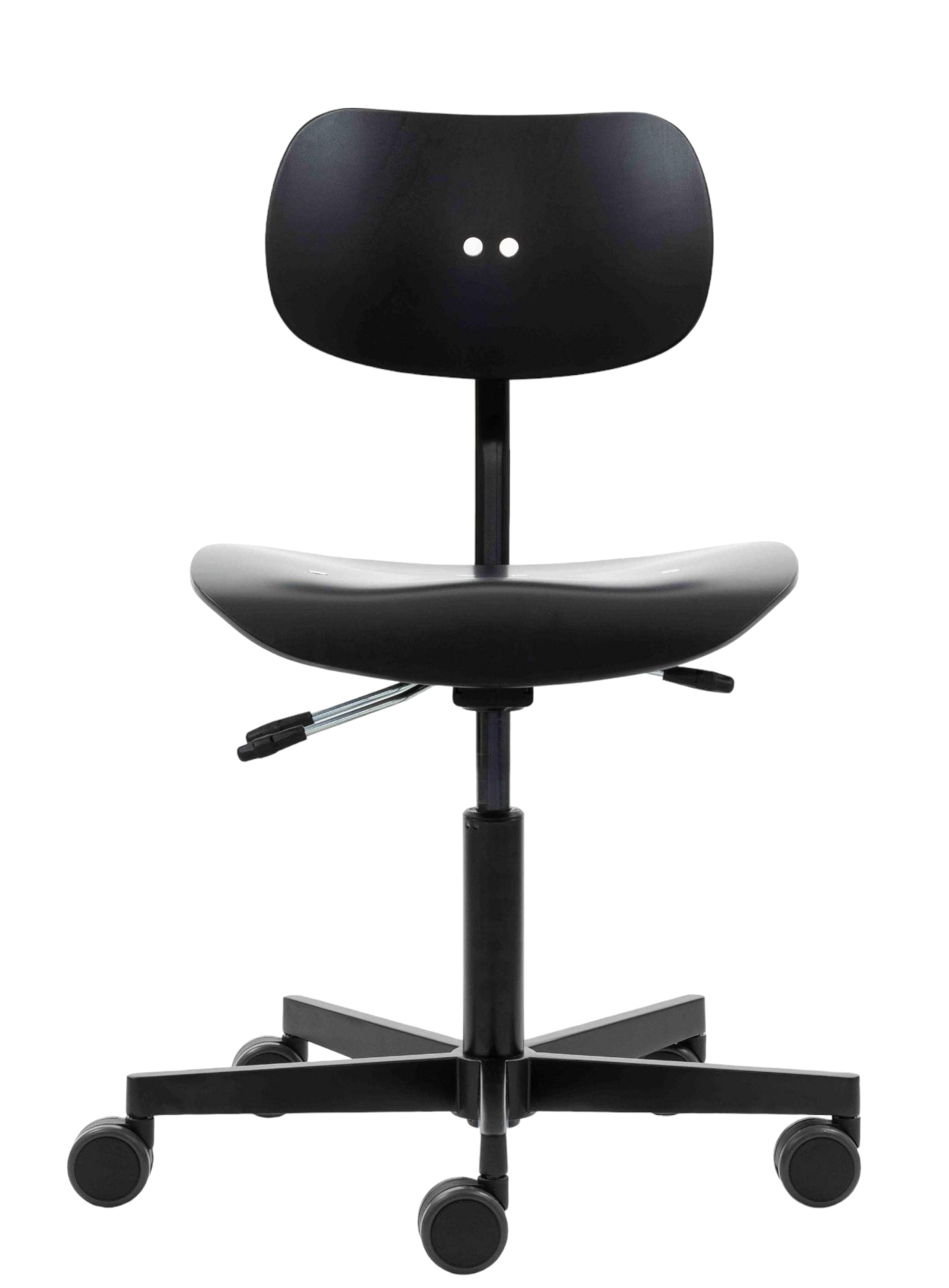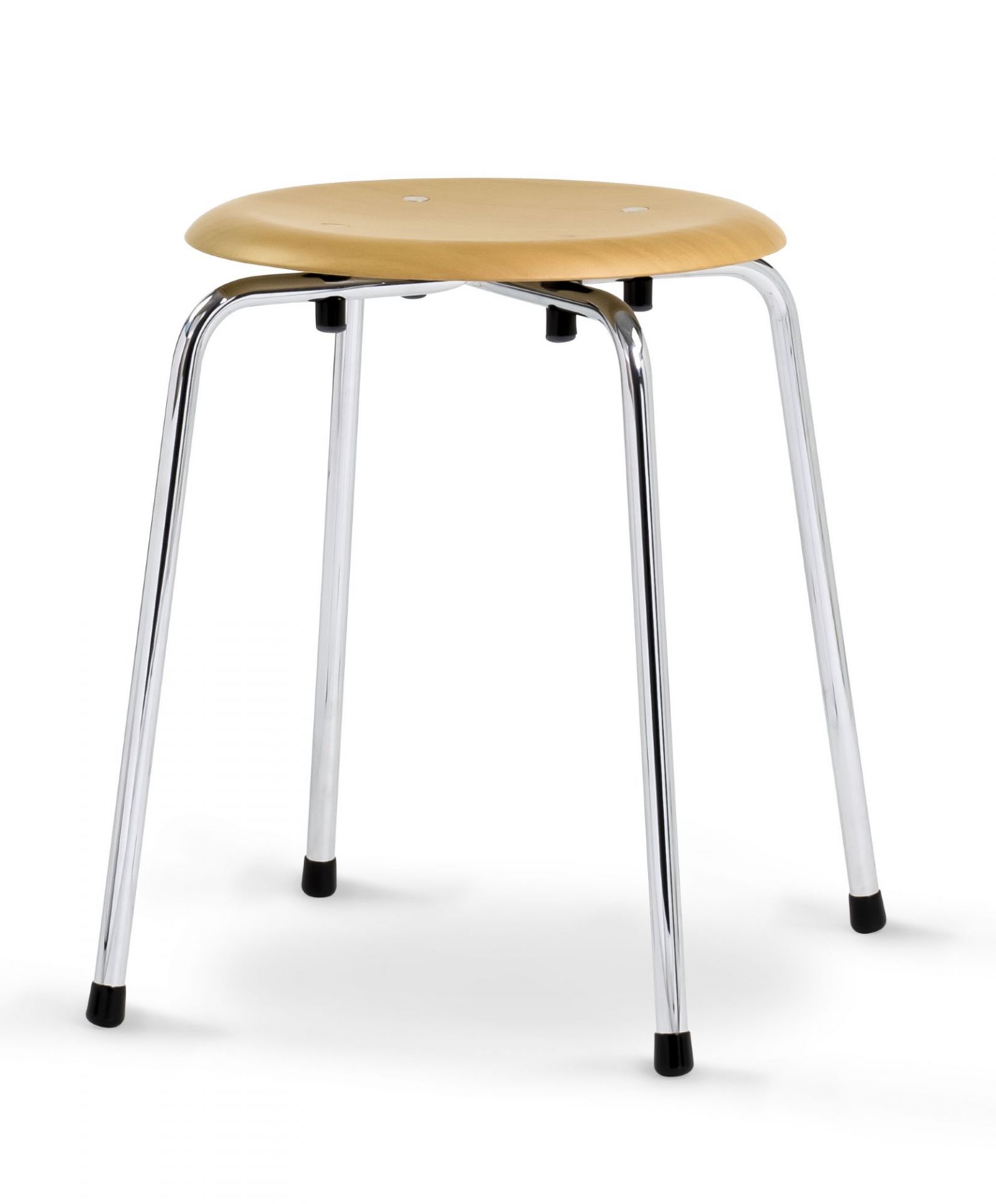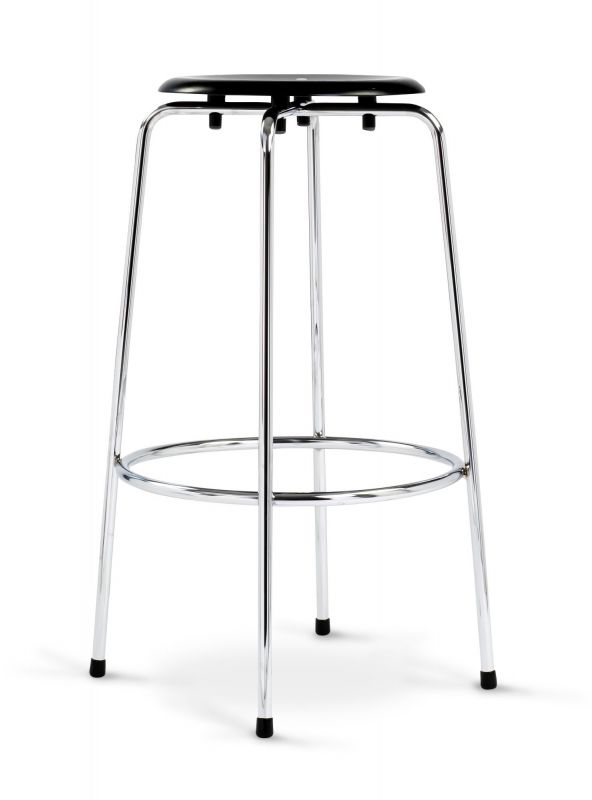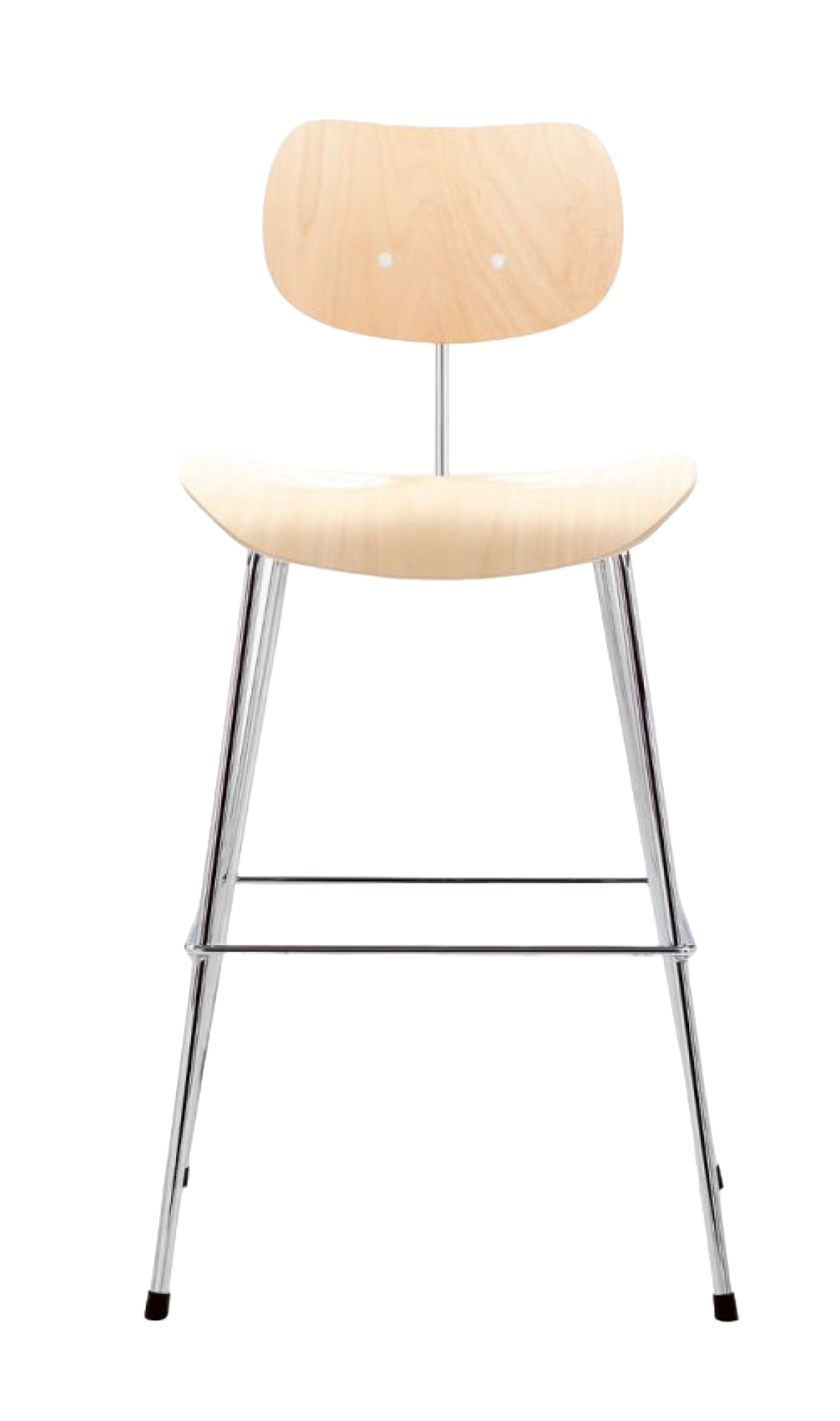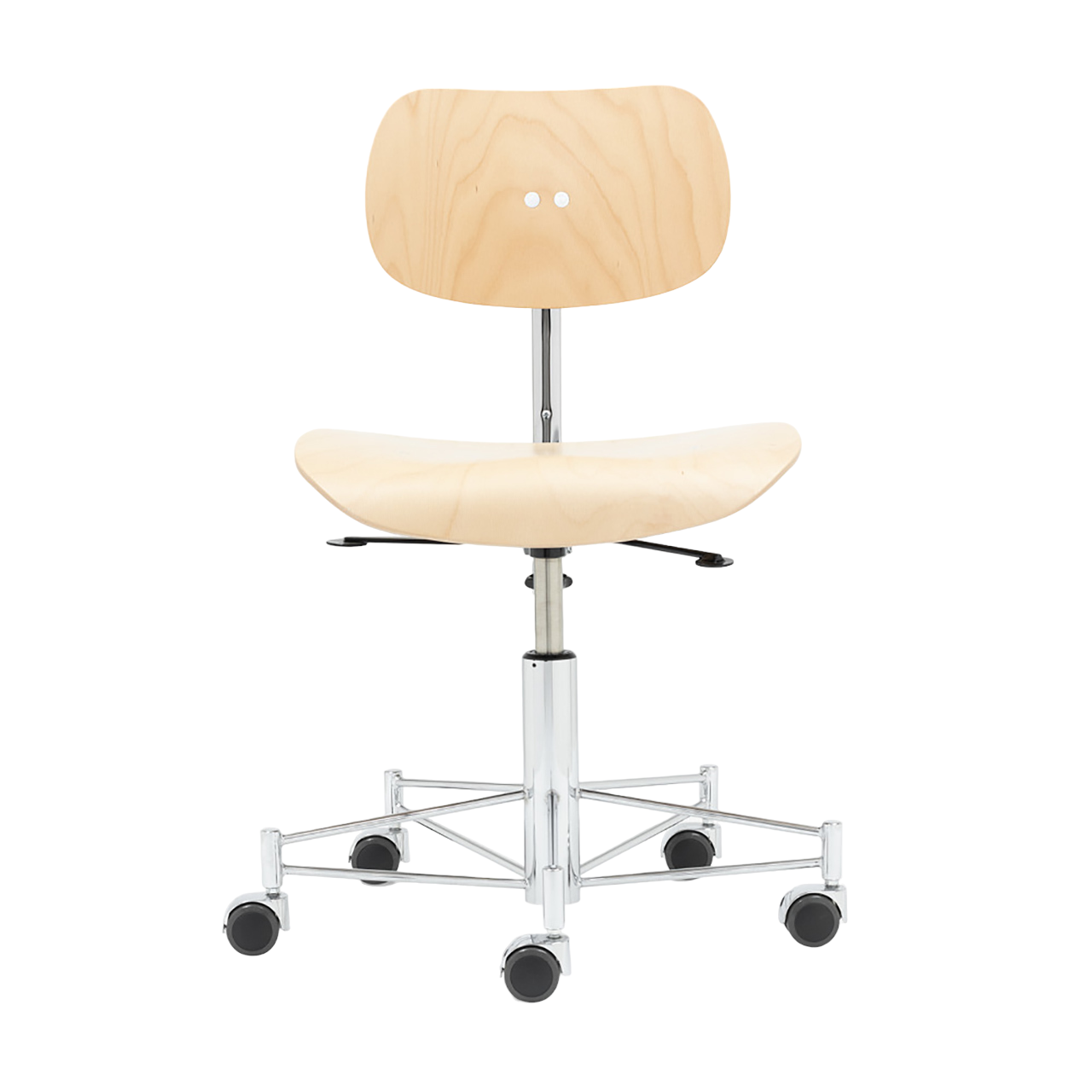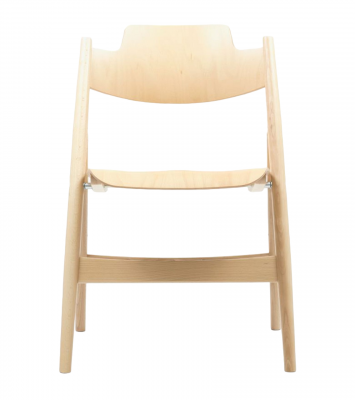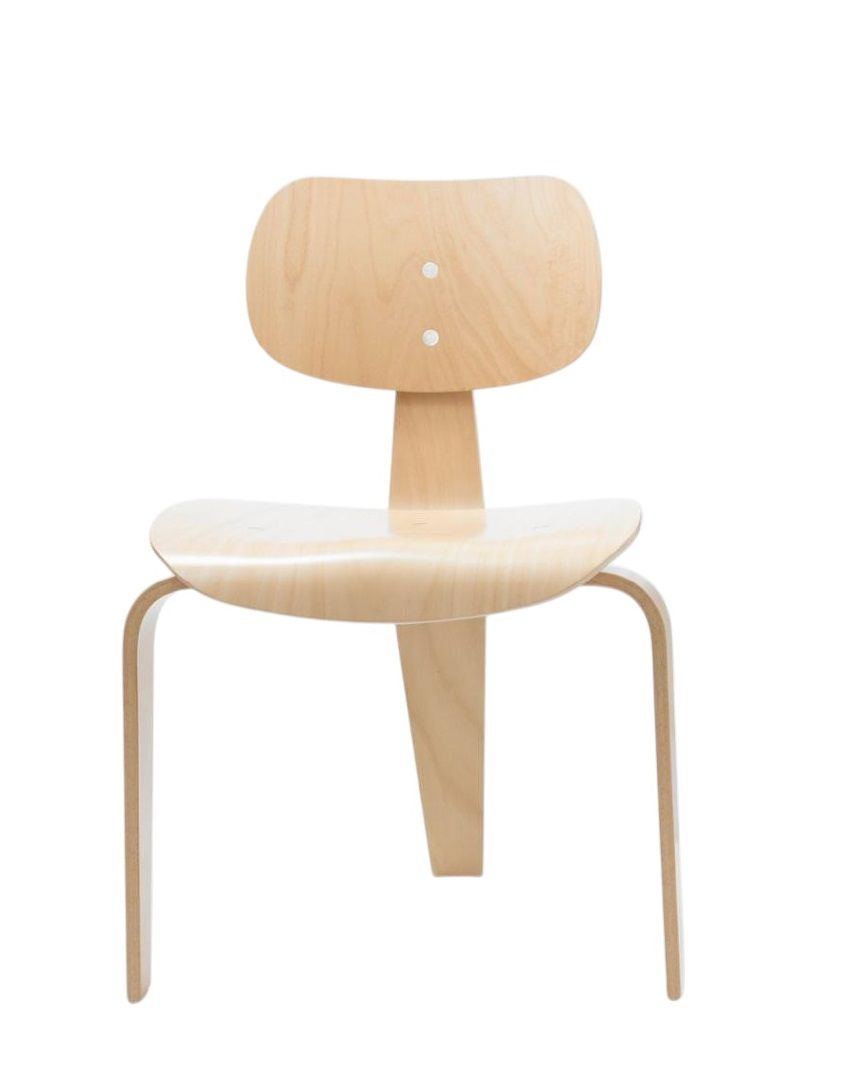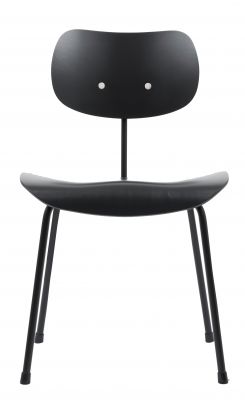Chairs by Egon Eiermann
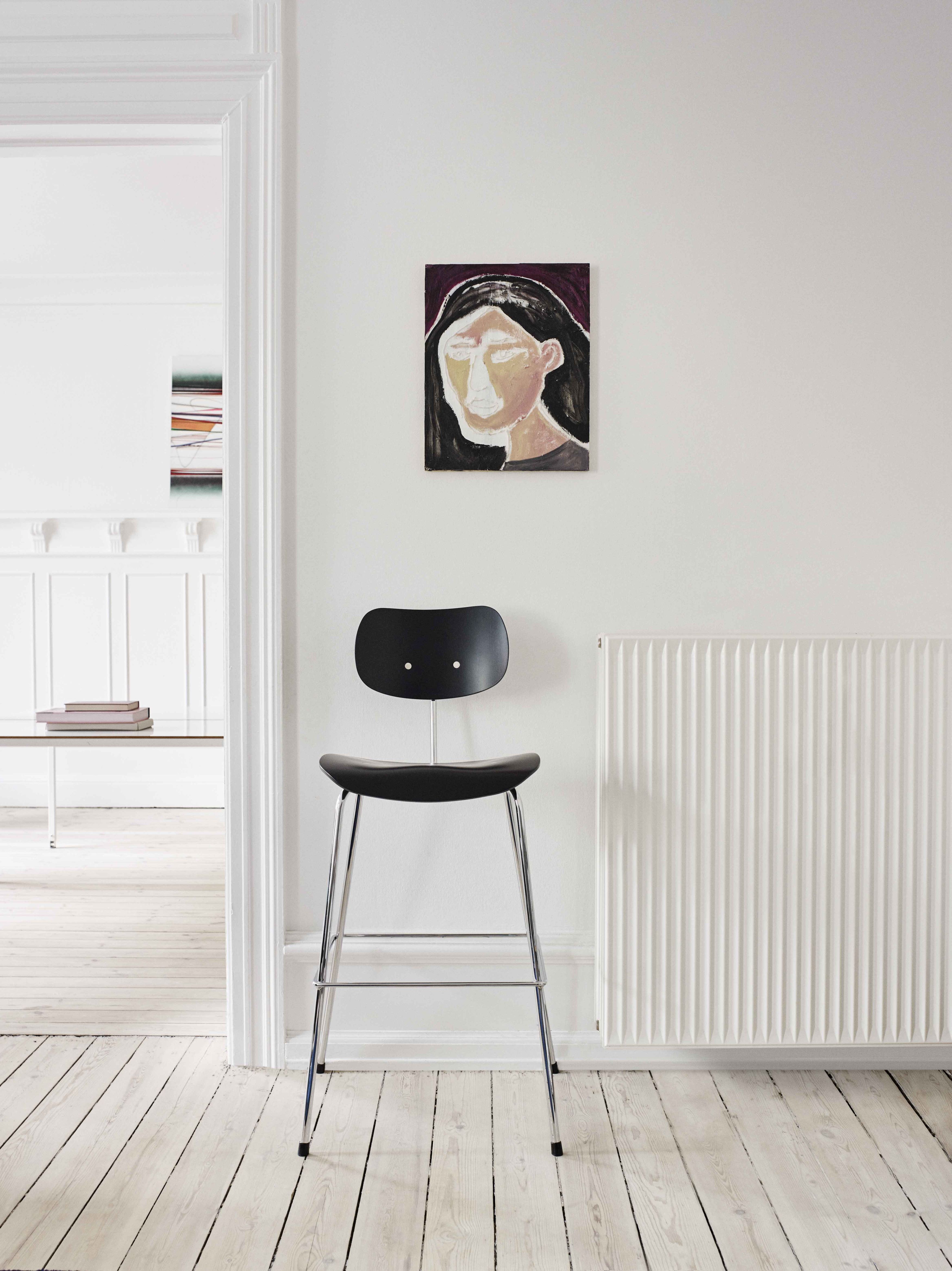
"The conscious reduction, the omission, the simplification has a deep ethical basis: never can something be repugnant that is simple."
- Egon Eiermann
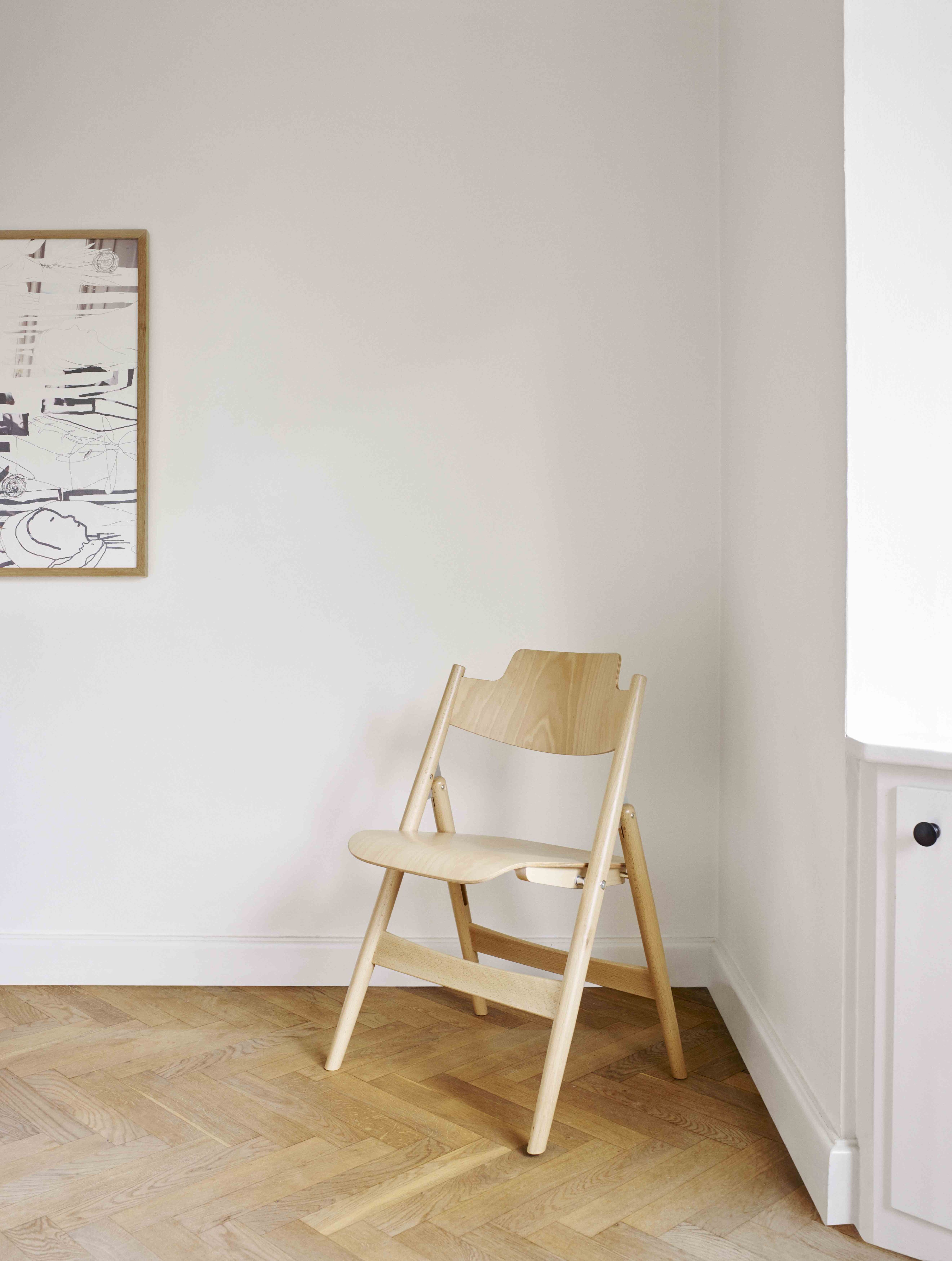
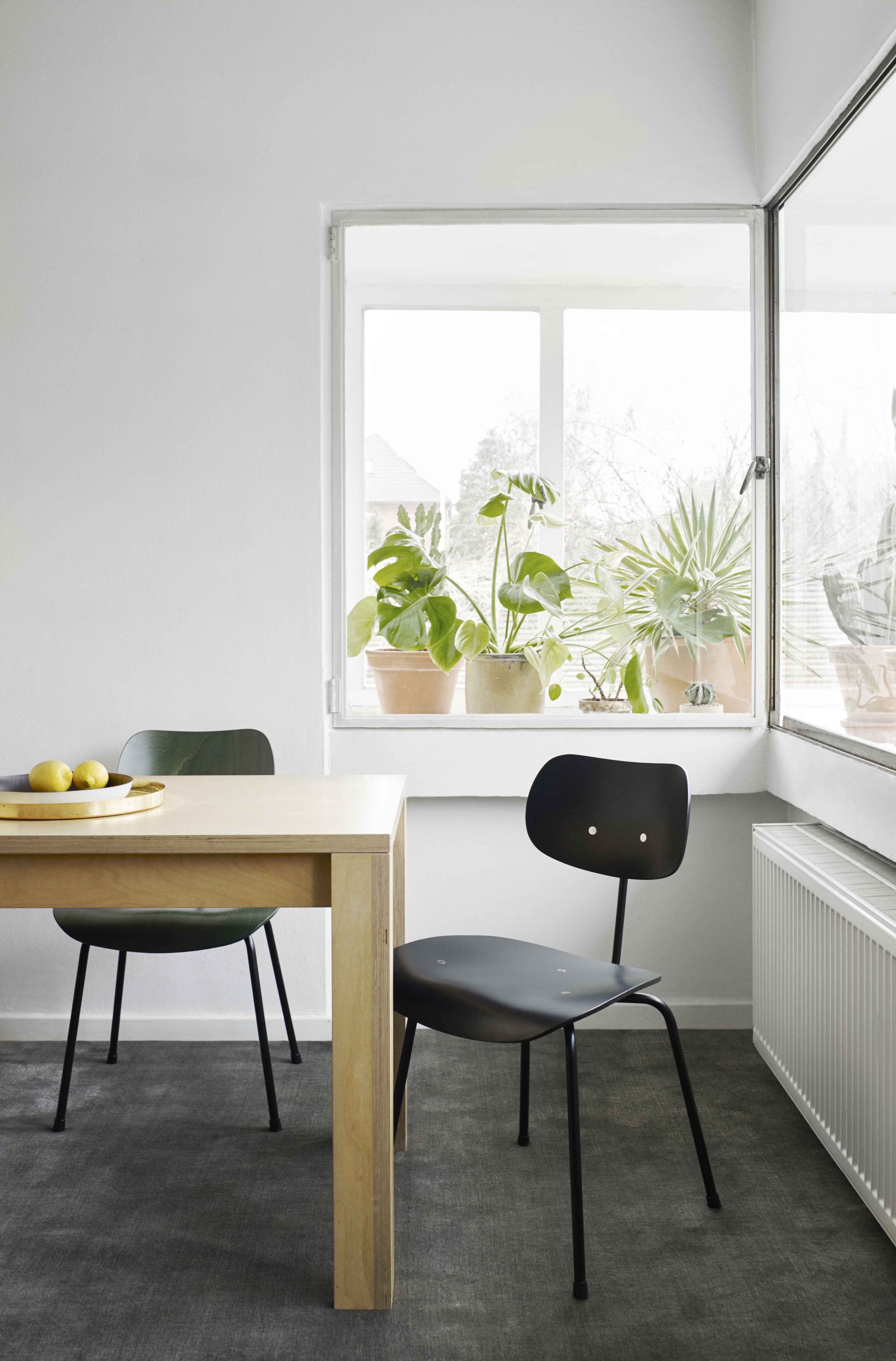
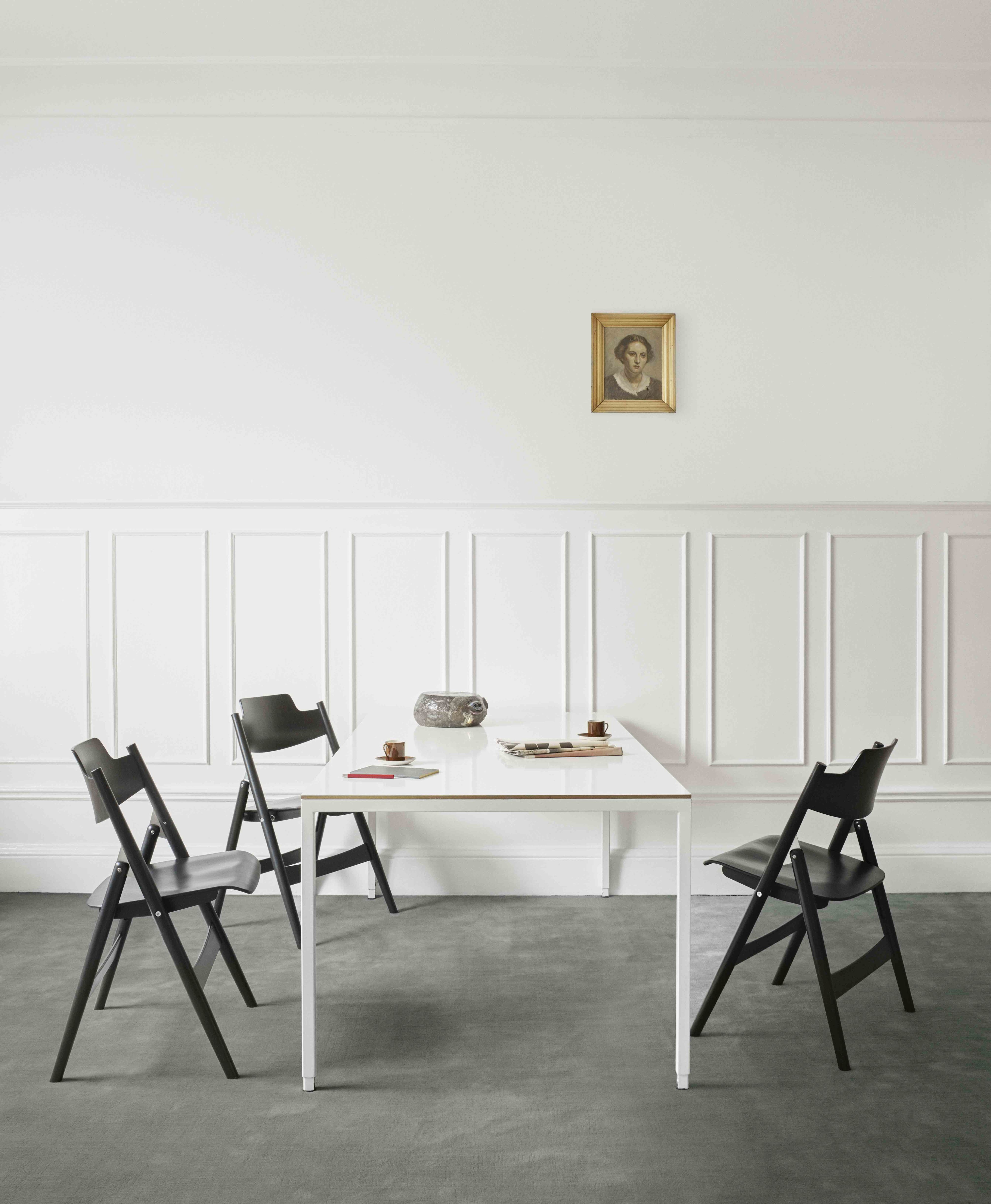
Egon Eiermann: A pioneer in modern architecture and furniture design
The name Egon Eiermann is synonymous with modern architecture and innovative furniture design, and his groundbreaking designs and contribution to post-World War II architecture have left a lasting impression. Born on 29 September 1904 in Neuendorf, Germany, Eiermann's architectural career spanned decades and produced some of the most iconic and influential buildings of his time.
Eiermann became interested in architecture at an early age and studied at the Technical University of Berlin under renowned architects such as Hans Poelzig and Heinrich Tessenow. His encounter with traditional and avant-garde architectural ideas laid the foundation for his later work, in which he combined these influences in a unique way.
One of his most enduring works is the Eiermann chair, a minimalist and ergonomic masterpiece that became a symbol of mid-20th century furniture design. Introduced in 1951, the chair embodies Eiermann's design philosophy through its simple functionality and adaptability. The foldable frame and modular components testified to Eiermann's quest for versatile furniture that would meet the changing demands of modern life.
Eiermann's architectural vision emphasised the harmonious integration of form and function. He believed that architecture should respond to its surroundings while providing optimal utility to its occupants. This philosophy was evident in projects such as the West German Pavilion at the 1958 World's Fair in Brussels, where he combined innovative materials and construction techniques to create a light and elegant structure.
Egon Eiermann's influence on modern architecture and furniture design is invaluable. His designs emphasised clean lines, functionality and adaptability and set standards for future architects. Eiermann's work continues to inspire contemporary designers who seek to harmonise form, function and aesthetics in their designs
